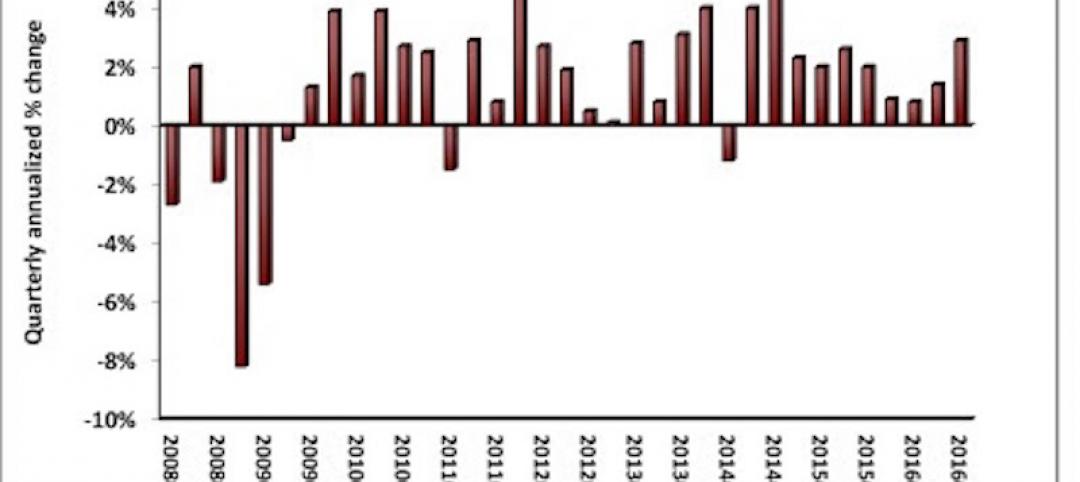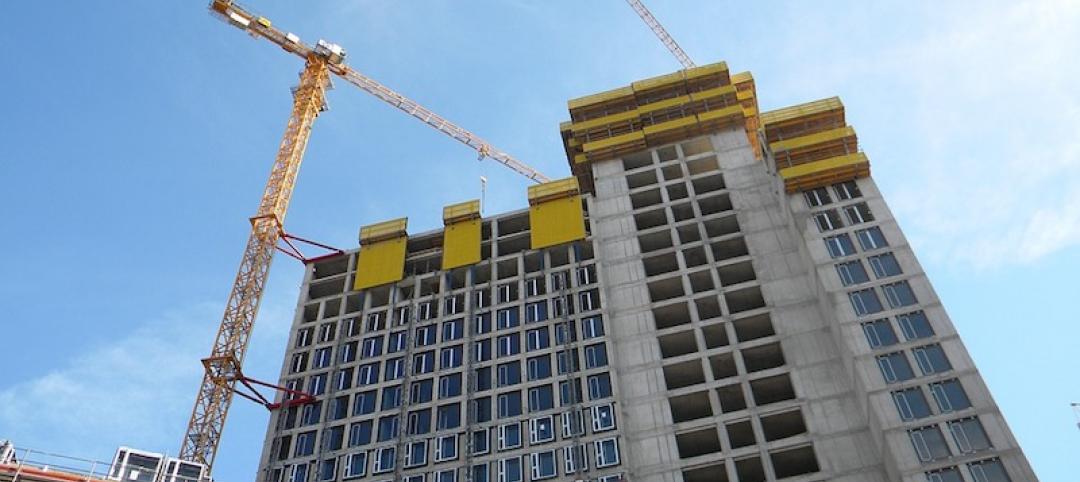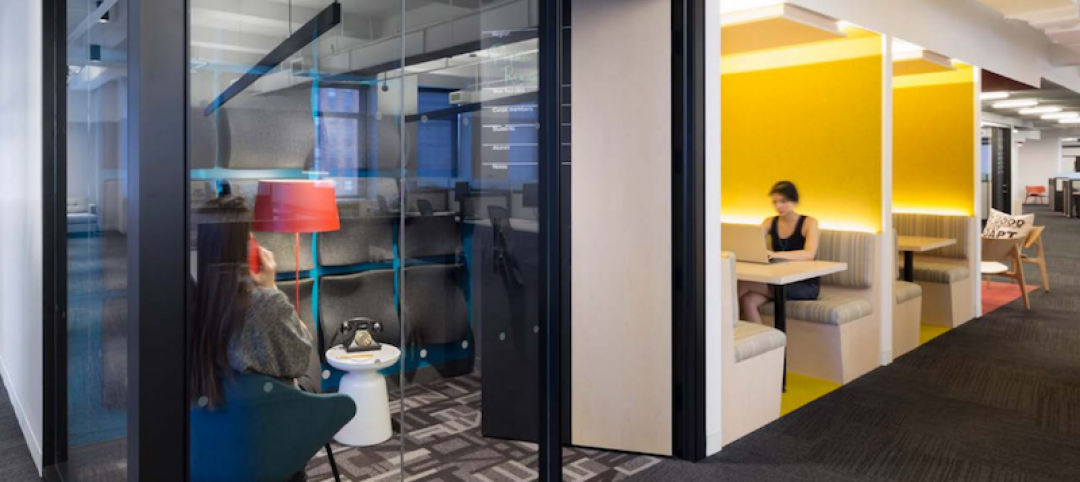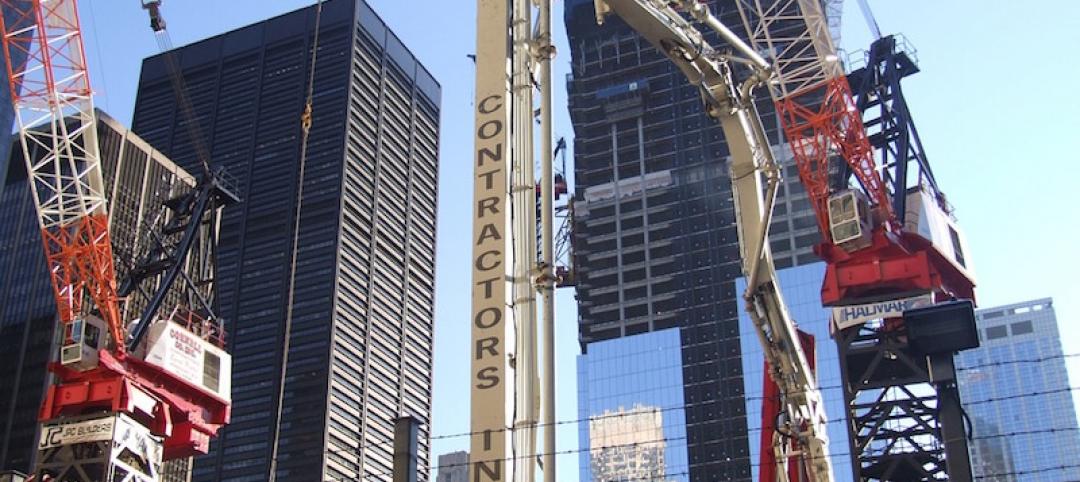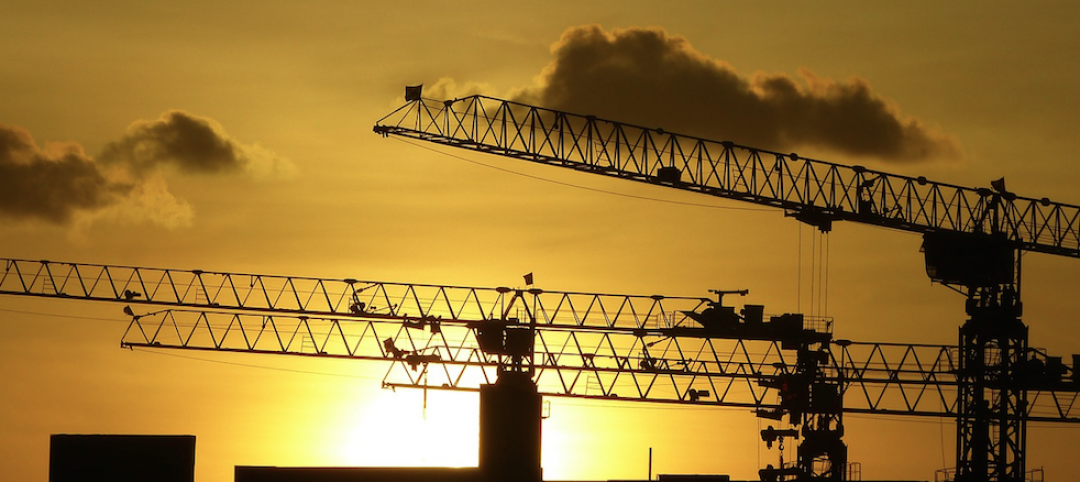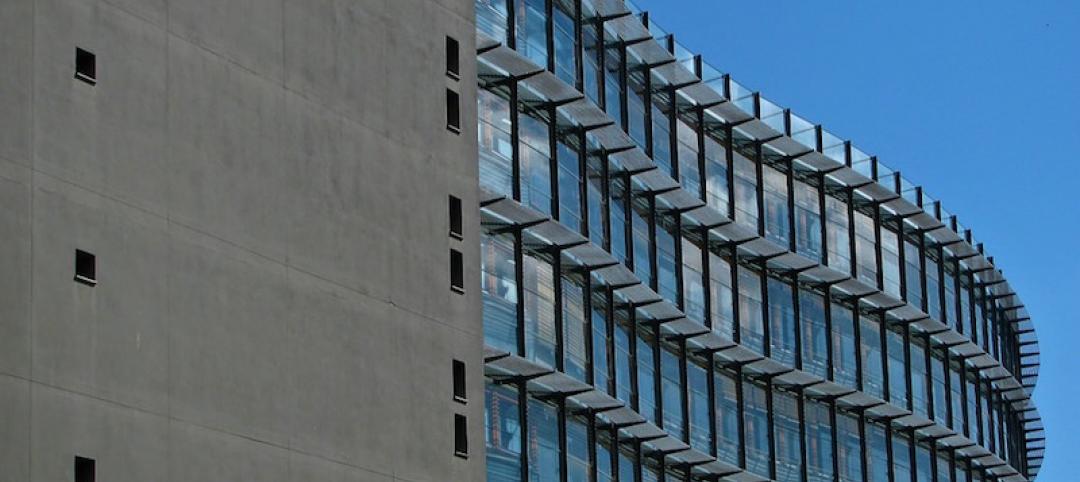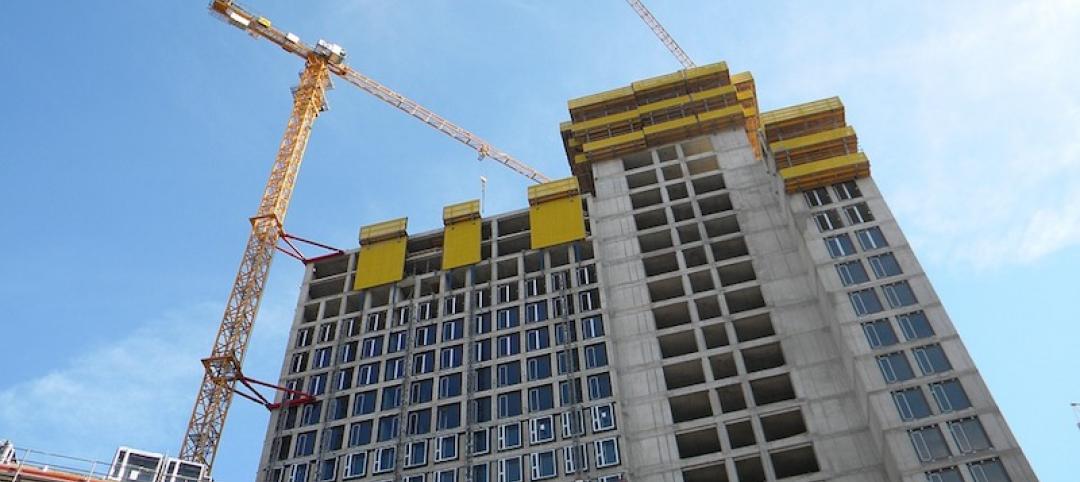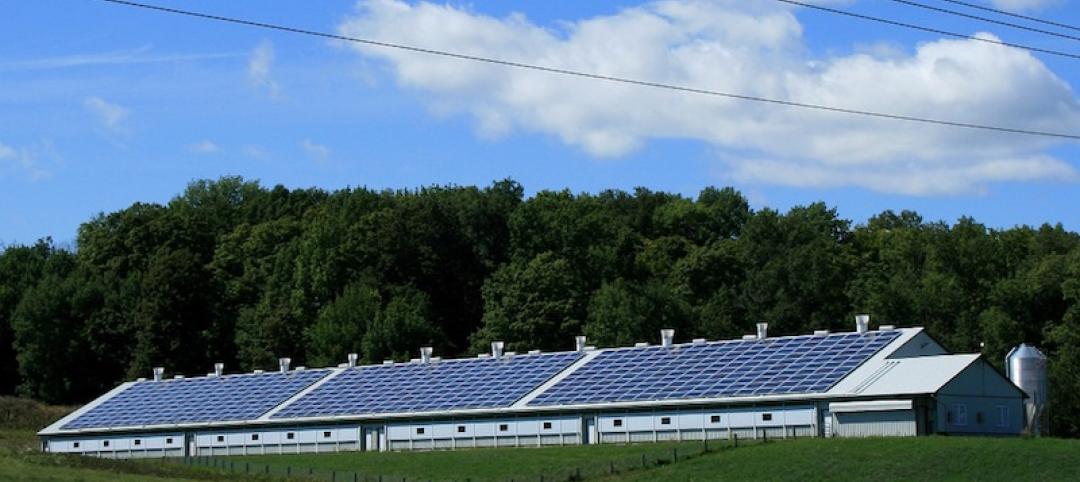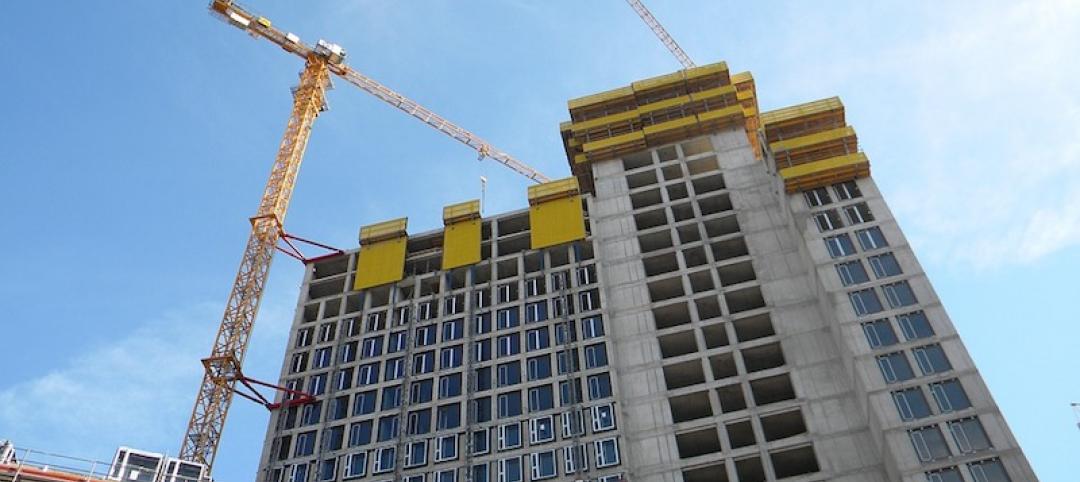At the close of 2019, analysts at Lodging Econometrics (LE) report that the total U.S. construction pipeline continues to grow with 5,748 projects/708,898 rooms, up 4% by projects and 6% by rooms year-over-year (YOY). The pipeline has now completed its eighth consecutive year of growth. These robust year-end counts are a mere 135 projects/76,649 rooms shy of the all-time high of 5,883 projects/785,547 rooms reached in the second quarter of 2008.
Projects under construction continue to rise reaching an all-time high of 1,768 projects with 237,362 rooms, up 7% by projects and 10% by rooms, YOY. Projects scheduled to start construction in the next 12 months stand at 2,283 projects/265,161 rooms. Projects in the early planning stage are at 1,697 projects/206,375 rooms.
In 2019, the U.S. had 1,017 new hotels/118,674 rooms open, a 2.2% growth in new supply, bringing the total U.S. census to 57,903 hotels/5,486,909 rooms. The LE forecast for new hotel openings in 2020 anticipates a 2.3% supply growth rate with 1,127 new hotels/127,896 rooms expected to open. In 2021, the forecast for new hotel openings rises slightly to 1,162 new hotels/135,228 rooms, a 2.4% growth rate.
The hotel construction pipeline outlook in the U.S. should continue to remain optimistic through 2020 and through the early part of the new decade. The financial markets are strong, a partial trade agreement between the U.S. and China has been reached, and interest rates could very well go unchanged in 2020. Overall, the economy is in a good place, and the concerns of a possible recession have eased. Lenders continue to be cautious, but lending at attractive rates is still accessible to developers and should continue to drive development.
Related Stories
Market Data | Oct 31, 2016
Nonresidential fixed investment expands again during solid third quarter
The acceleration in real GDP growth was driven by a combination of factors, including an upturn in exports, a smaller decrease in state and local government spending and an upturn in federal government spending, says ABC Chief Economist Anirban Basu.
Market Data | Oct 28, 2016
U.S. construction solid and stable in Q3 of 2016; Presidential election seen as influence on industry for 2017
Rider Levett Bucknall’s Third Quarter 2016 USA Construction Cost Report puts the complete spectrum of construction sectors and markets in perspective as it assesses the current state of the industry.
Industry Research | Oct 25, 2016
New HOK/CoreNet Global report explores impact of coworking on corporate real rstate
“Although coworking space makes up less than one percent of the world’s office space, it represents an important workforce trend and highlights the strong desire of today’s employees to have workplace choices, community and flexibility,” says Kay Sargent, Director of WorkPlace at HOK.
Market Data | Oct 24, 2016
New construction starts in 2017 to increase 5% to $713 billion
Dodge Outlook Report predicts moderate growth for most project types – single family housing, commercial and institutional building, and public works, while multifamily housing levels off and electric utilities/gas plants decline.
High-rise Construction | Oct 21, 2016
The world’s 100 tallest buildings: Which architects have designed the most?
Two firms stand well above the others when it comes to the number of tall buildings they have designed.
Market Data | Oct 19, 2016
Architecture Billings Index slips consecutive months for first time since 2012
“This recent backslide should act as a warning signal,” said AIA Chief Economist, Kermit Baker.
Market Data | Oct 11, 2016
Building design revenue topped $28 billion in 2015
Growing profitability at architecture firms has led to reinvestment and expansion
Market Data | Oct 4, 2016
Nonresidential spending slips in August
Public sector spending is declining faster than the private sector.
Industry Research | Oct 3, 2016
Structure Tone survey shows cost is still a major barrier to building green
Climate change, resilience and wellness are also growing concerns.
Industry Research | Sep 27, 2016
Sterling Risk Sentiment Index indicates risk exposure perception remains stable in construction industry
Nearly half (45%) of those polled say election year uncertainty has a negative effect on risk perception in the construction market.



